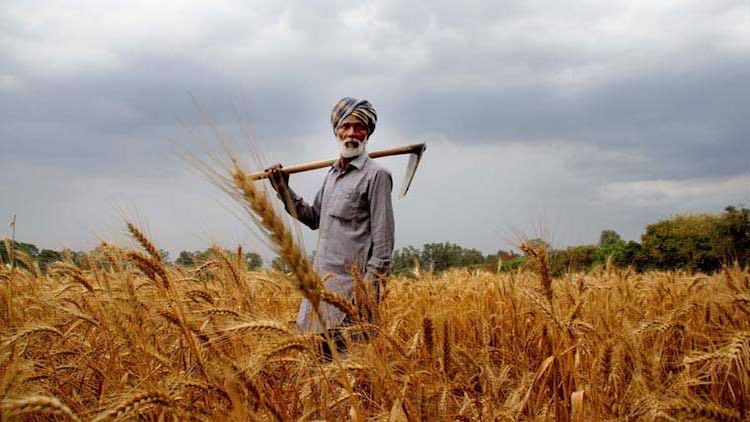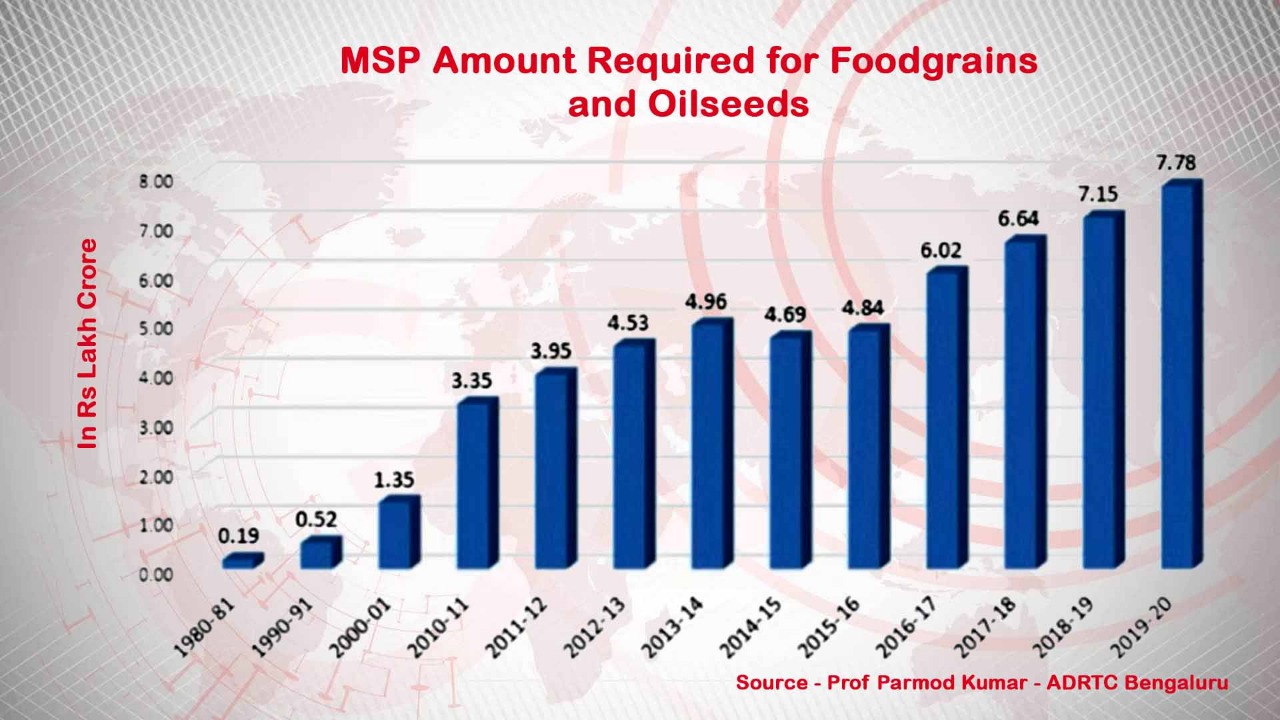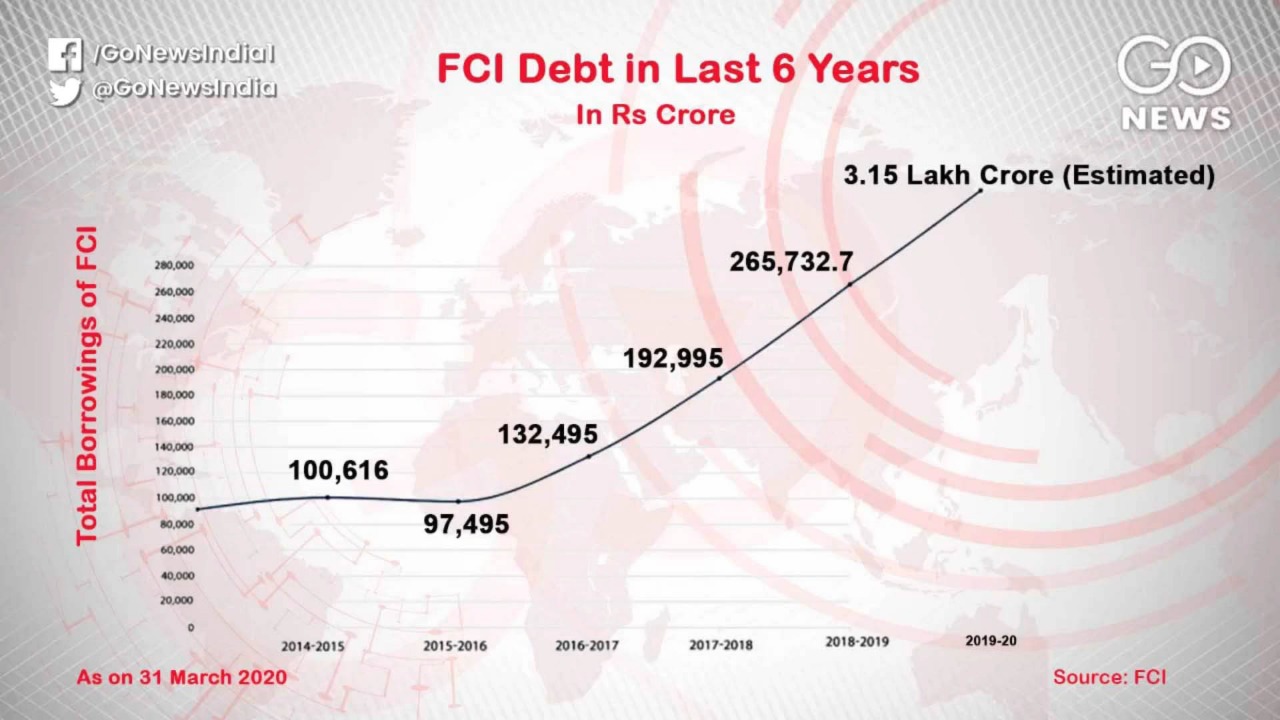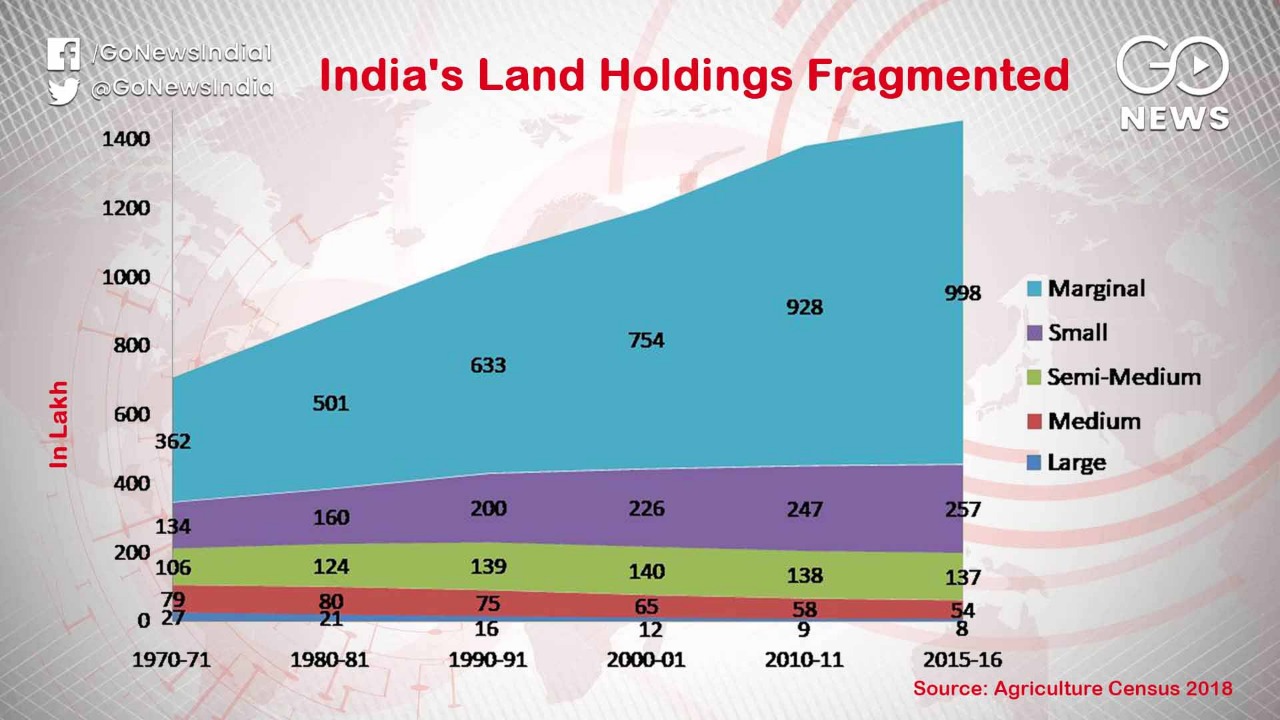Indian Agriculture: A Tale of Two Blindspots

We are in the year 2021 and the farmers’ agitation at the borders of India’s capital is showing no signs of abating. After half a dozen meetings the farmers are still locked in a battle of wits with the government. Their two demands are still on the table: First, the repeal of three agriculture-related laws brought in 2020 through an extraordinary Ordinance; and second, a legal assurance of providing Minimum Support Price (MSP) for their produce where the price is regulated by a government policy. As things stand now, the Central Government can not agree to both these demands.
Reneging on the new laws will undermine its legislative, administrative and moral authority as the laws were passed by the Parliament in a due process where it has a full majority. Moreover, the entire government machinery has been able to sell the new laws globally as much needed agricultural ‘reforms’ which will benefit the farm sector and its entire value chain — from the producer to the consumer. A withdrawal will be an admission of rank failure in understanding the farm economy which sustains more than half the country’s population and contributes 18% to its GDP. A retreat will also hurt political egos, international credibility and electoral equity.
The agitating farmers have publicly stated that they will go back to their fields and villages if the government brings in a law to make MSP a legal right – in other words, a safety net on the pricing of foodgrain and other farm produce. Until now, the MSP regime has been a policy without legislative binding. If the government makes a law it will tie its financial resources to an expenditure which is volatile. In fact, it has no resources. A study by experts at the Bengaluru based Institute for Social and Economic Change says that the government’s MSP bill could have exceeded Rs 7.7 lakh crore if it had to buy all the foodgrain and oilseeds produced in 2019-20.
The agitating farmers have publicly stated that they will go back to their fields and villages if the government brings in a law to make MSP a legal right – in other words, a safety net on the pricing of foodgrain and other farm produce. Until now, the MSP regime has been a policy without legislative binding. If the government makes a law it will tie its financial resources to an expenditure which is volatile. In fact, it has no resources. A study by experts at the Bengaluru based Institute for Social and Economic Change says that the government’s MSP bill could have exceeded Rs 7.7 lakh crore if it had to buy all the foodgrain and oilseeds produced in 2019-20.


.jpeg)

Latest Videos
















